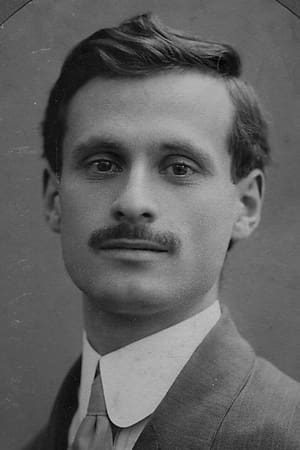Informations personnelles
Célèbre pour Écriture
Apparitions connues 2
Genre Homme
Date de naissance 18 juillet 1885
Date de décès 6 juillet 1979 (93 ans)
Lieu de naissance Cesenatico, Italy
Alias
- -
Score de contenu
100
Superbe ! Cette fiche semble complète !
Connectez-vous afin de
signaler un problème.
Biographie
Marino Moretti (born Cesenatico, Italy; July 18, 1885 – July 6, 1979) was an Italian poet and author. His nostalgic, elegant verse established him as a leader of the crepuscolarismo movement in the early 20th century, characterized by disillusion, nostalgia, and an appreciation of directness and simplicity.
After a failed attempt at an acting career, he began writing poetry; his first work being published in 1903. During his career, Moretti wrote twenty novels, eight books of verses, three book-length memoirs, and many short stories. His poetry — focused on rural life, remembered youth, and simple pleasures — appears in such collections as I poemetti di Marino (1913; “Marino’s Little Poems”) and Il giardino dei frutti (1916; “The Garden of Fruits”). In 1922 he began working for the Milan periodical Corriere della sera. For more than five decades he concentrated on prose writing and on the revision of his early verse, returning to poetry only with the publication of L’ultima estate (1969; “The Last Summer”). Among his better known works are The Voice of God (1920) and Widow of Fioravanti (1971).
Marino Moretti (born Cesenatico, Italy; July 18, 1885 – July 6, 1979) was an Italian poet and author. His nostalgic, elegant verse established him as a leader of the crepuscolarismo movement in the early 20th century, characterized by disillusion, nostalgia, and an appreciation of directness and simplicity.
After a failed attempt at an acting career, he began writing poetry; his first work being published in 1903. During his career, Moretti wrote twenty novels, eight books of verses, three book-length memoirs, and many short stories. His poetry — focused on rural life, remembered youth, and simple pleasures — appears in such collections as I poemetti di Marino (1913; “Marino’s Little Poems”) and Il giardino dei frutti (1916; “The Garden of Fruits”). In 1922 he began working for the Milan periodical Corriere della sera. For more than five decades he concentrated on prose writing and on the revision of his early verse, returning to poetry only with the publication of L’ultima estate (1969; “The Last Summer”). Among his better known works are The Voice of God (1920) and Widow of Fioravanti (1971).
Écriture
|
